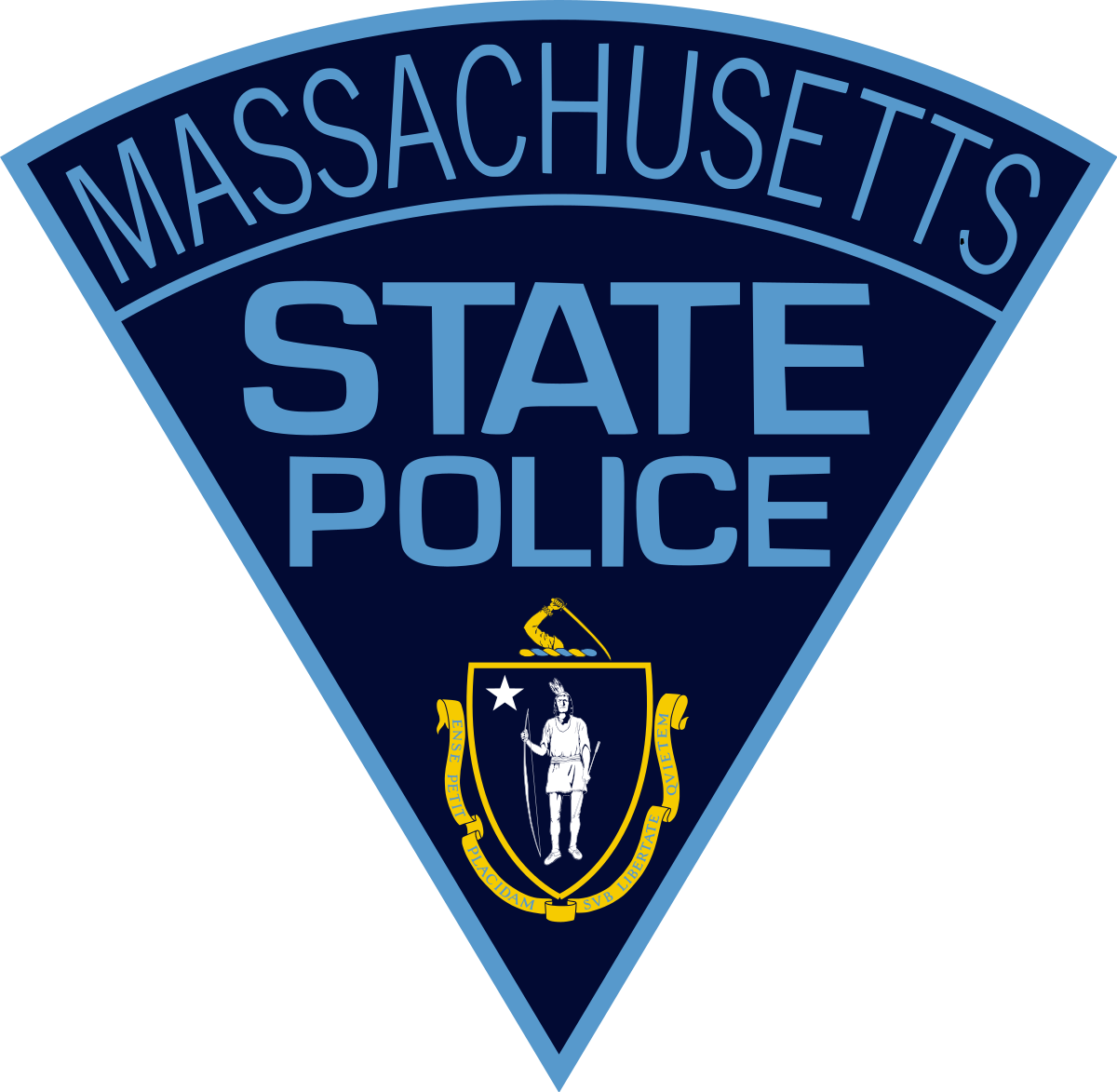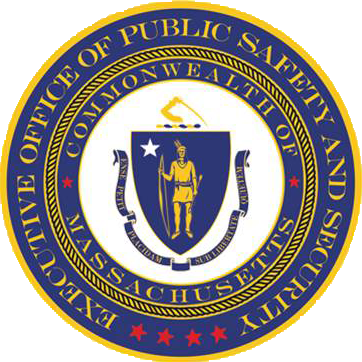- Massachusetts State Police
- Executive Office of Public Safety and Security
Media Contact for Law Enforcement Agencies, Autism Community Partner on the Blue Envelope Program to Foster a Safe and Inclusive Environment for Neuro-diverse Drivers
Dave Procopio, Media Communications
Framingham — The Healey-Driscoll Administration today announced the implementation of the Blue Envelope Program, an initiative to foster a safer and more understanding environment during traffic stops for drivers with autism. The voluntary program provides individuals on the autism spectrum with specially designed blue envelopes to carry their driver’s licenses, which informs police officers about their diagnosis and other essential communication guidelines to ensure more effective and sensitive communication during the interaction.
The Blue Envelope Program is the result of a partnership between the Massachusetts State Police, the Massachusetts Chiefs of Police Association, Advocates for Autism of Massachusetts, The Arc of Massachusetts, and individuals with autism and their families.
The program includes a state-issued blue envelope that holds a driver's essential documents—license, registration, and a contact card. In addition, information printed on the envelope’s exterior identifies the operator as a person with autism spectrum disorder, provides instructions for a police officer on how to enhance communication with the driver, and how to reduce anxiety and stress the driver may be experiencing as a result of being stopped or involved in an incident. The envelope also lists guidelines for the driver, including what to expect during a traffic stop and how to present the Blue Envelope to the officer.
“In honor of Autism Acceptance Month, the Blue Envelope Program reflects our deep commitment to supporting programs that strengthen inclusivity and support law enforcement’s ability to more effectively meet the needs of every community member,” said Governor Maura Healey. “We’re grateful for the collaboration of our partners who brought this important public safety program to fruition.”
“Our administration is dedicated to implementing effective programs that foster inclusivity, support the unique needs of our residents, and promote public safety,” said Lt. Governor Kim Driscoll. “The Blue Envelope Program will help to ensure more successful communication between police officers and drivers living on the autism spectrum.”
“This new program provides an essential tool to enhance communication between police officers and drivers with autism while helping officers to recognize possible behaviors and more effectively engage individuals during traffic stops, motor vehicle accidents, or mechanical breakdowns,” said Public Safety and Security Secretary Terrence Reidy.
“The most important qualities a police officer must possess are empathy and understanding. Those who wear the badge never stand so tall as when they conduct themselves in a manner that eases fear, anxiety, and confusion of a person in a difficult situation,” said Colonel John J. Mawn Jr., Interim Superintendent of the Massachusetts State Police. “It is incumbent upon us, as law enforcement officers and compassionate community caretakers, to recognize and mitigate the stressful effects that interaction with a police officer can have on a person with autism. The Blue Envelope Program is an important step toward that goal.”
The Blue Envelope Program addresses several key objectives:
- Providing officers with immediate, accessible information about autism promotes empathy and patience, leading to more positive interactions;
- The envelopes serve as a visual cue that helps officers adjust their communication style, thus reducing anxiety for the driver;
- The printed guidelines make it easier for officers to communicate effectively with individuals with autism, even in high-stress situations like traffic stops; and
- For persons with autism and their families, it encourages preparedness—by keeping their important documents in the envelope and understanding how to present them during a stop, drivers can feel more confident and secure.
“The Massachusetts Chiefs of Police Association is proud to partner with the Massachusetts State Police in this worthwhile endeavor,” said Agawam Police Chief Eric P. Gillis, President of the organization. “We feel the Blue Envelope Program will enhance the relationship between individuals on the autism spectrum and public safety officers by creating a better way to communicate during traffic encounters.”
More information about the Blue Envelope Program, including how to request an envelope online and how to prepare, carry, and display them, is available here.
Blue envelopes are available at all Massachusetts State Police Barracks. Blue envelopes will soon be available at local police departments (please call your local police department to check availability beforehand).
“These Blue Envelopes affirm our commitment to a Commonwealth where neuro-diverse individuals can live their lives safely, independently, and with dignity,” said Senator Jo Comerford (D-Northampton), the recipient of AFAM’s 2024 Distinguished Legislator of the Year award. “I am grateful to the State Police for making the envelopes available, and to the people on the autism spectrum and their families and allies for advocating for this idea and working to ensure equal opportunity for people of all abilities.”
“This Autism Acceptance month, I am thrilled to stand with the Massachusetts State Police, Massachusetts Chiefs of Police Association (MCOPA), and advocacy organizations such as the Advocates for Autism of MA (AFAM) and take part in celebrating the commencement of the State Police Blue Envelope Project,” said Representative Kay Kahn (D-Newton) “This initiative could not have been fulfilled if it were not for the voices of countless self-advocates living with autism in the Commonwealth who came forward and shared their lived experiences, as well as members of law enforcement who acted to ensure that equitable accommodations be made to facilitate understanding and better communication between law enforcement and autistic drivers.”
Representatives of the Massachusetts State Police Traffic Programs Section, which is administering the Blue Envelope Program for the Department, and members of the Department’s Community Liaison Team, are attending today’s 19th annual Autism Advocacy Day at the State House, hosted by Advocates for Autism of Massachusetts (AFAM). AFAM applauded the initiative, noting that people who have autism don’t have any physical characteristics that alert others to their diagnosis.
“The Blue Envelope is a game changer for our family,” said Ilyse Levine-Kanji, an AFAM Executive Committee member. “My 25-year-old son, Sam, has autism and is a very safe driver. However, like most people with autism, Sam doesn’t have any physical characteristics that would alert a Trooper that he has autism in case of a traffic stop or accident. The Blue Envelope would alert law enforcement of Sam’s autism diagnosis, thereby decreasing the chances of any tragic misunderstanding.”
April is National Autism Acceptance Month. The MSP will present information about the Blue Envelope Program at various community events throughout this month and beyond.
###

